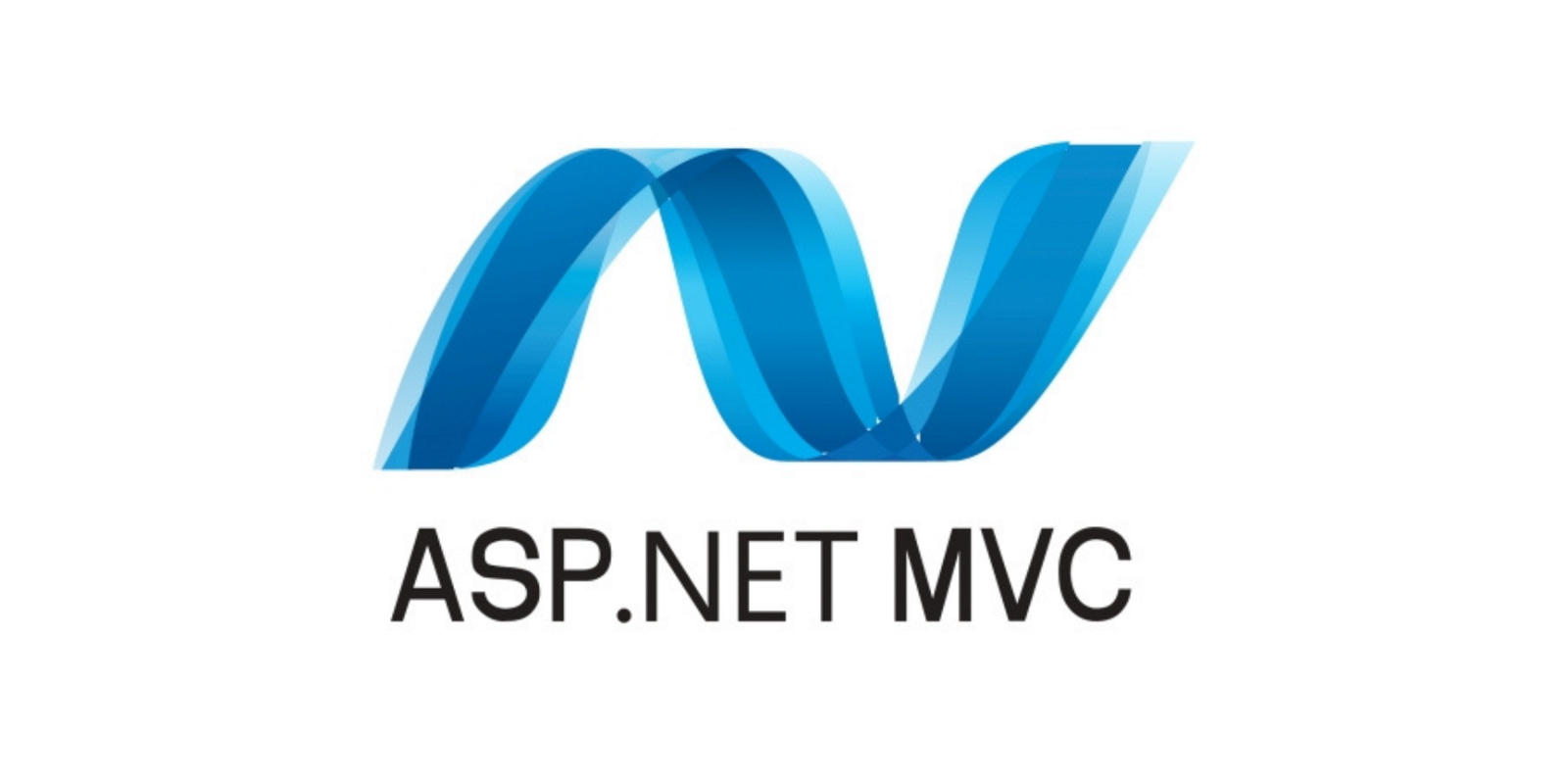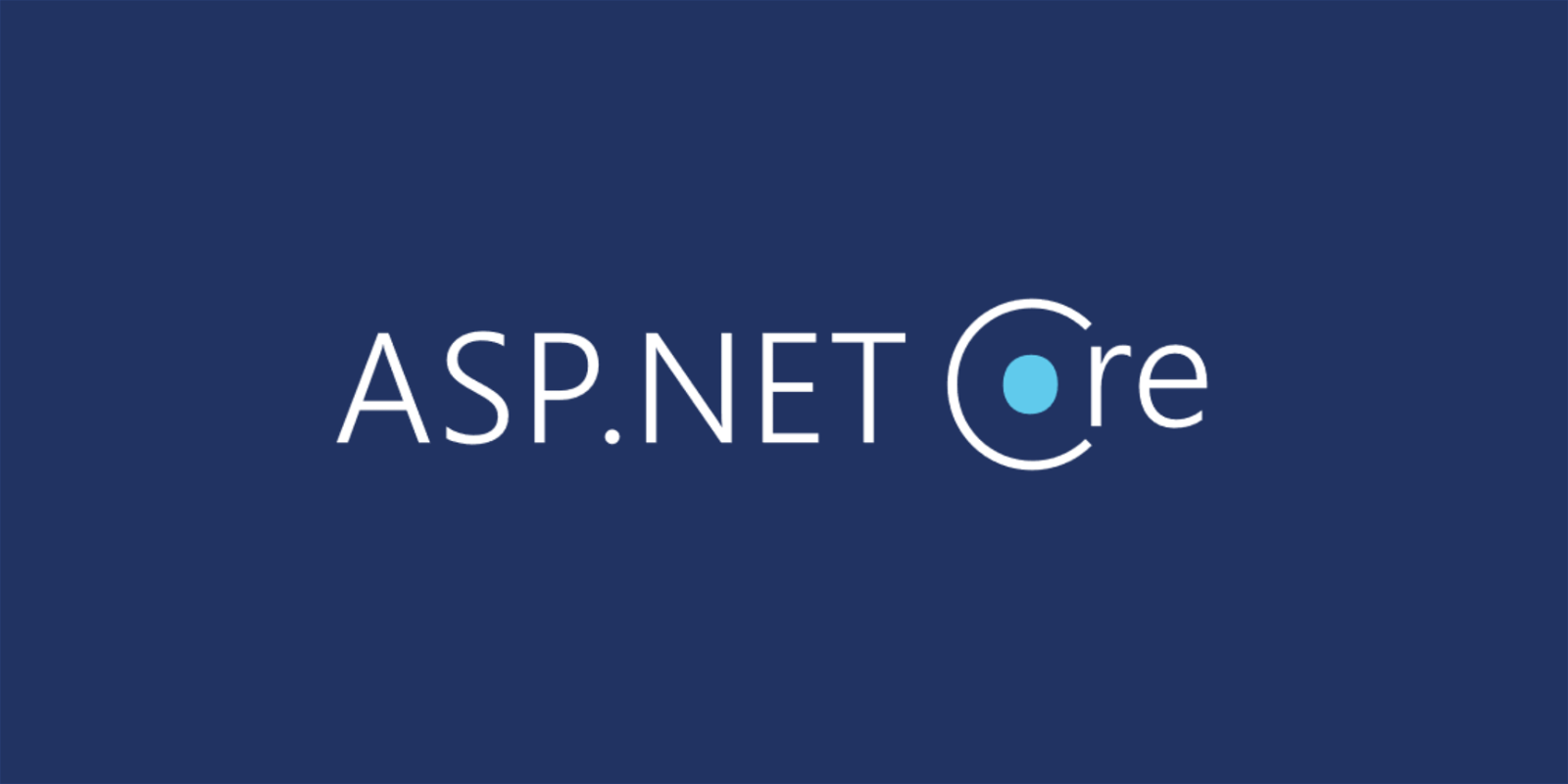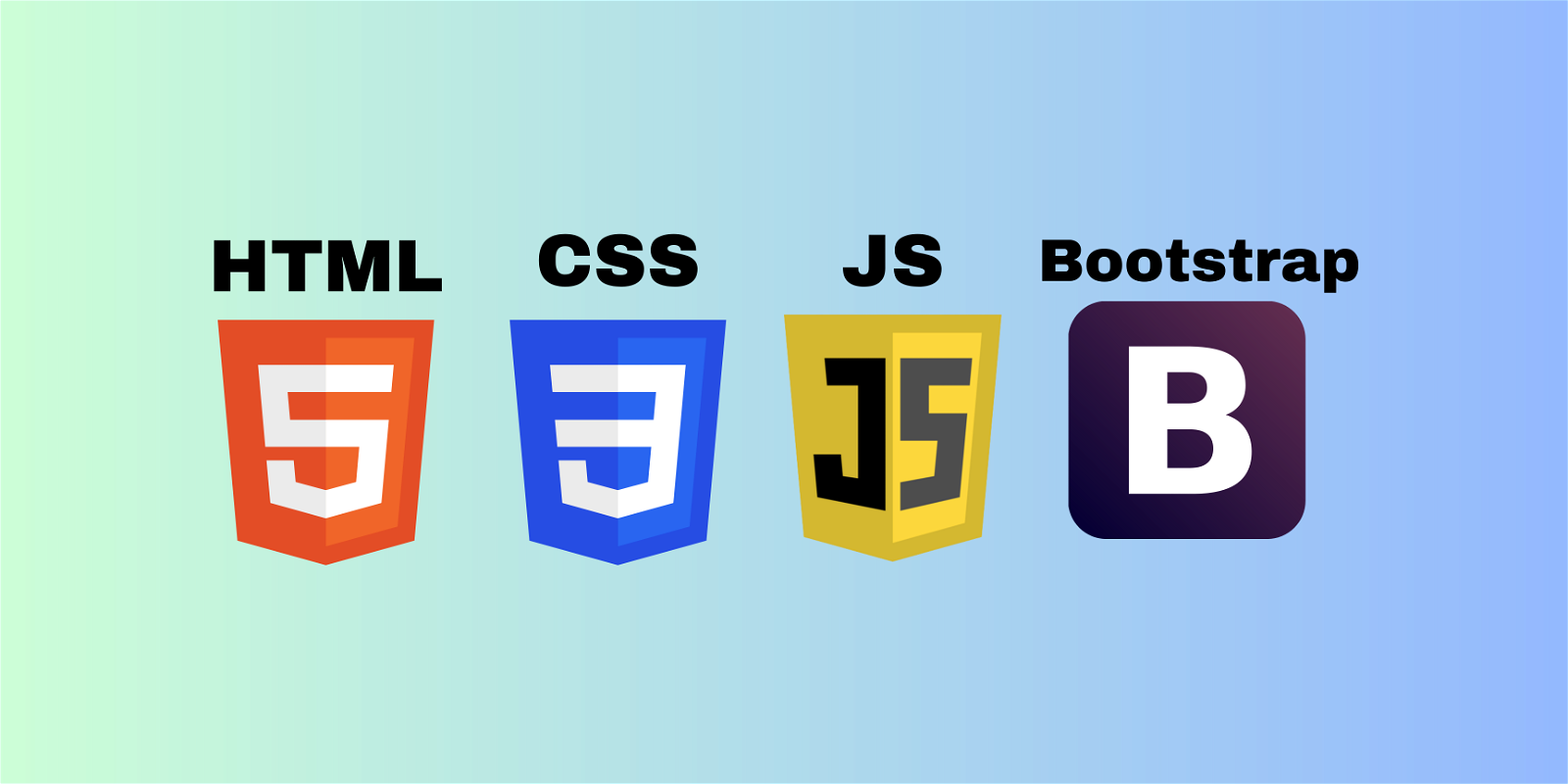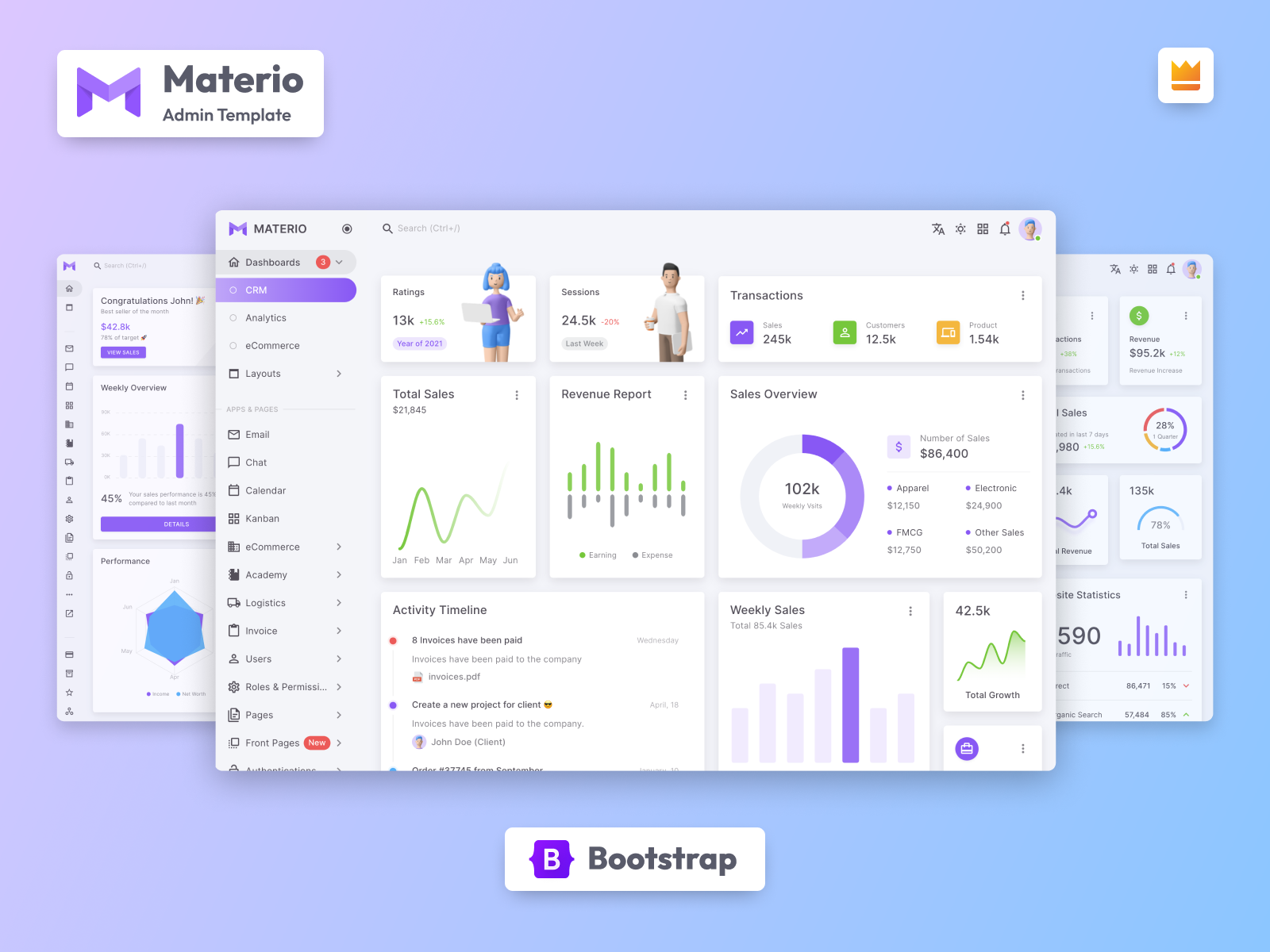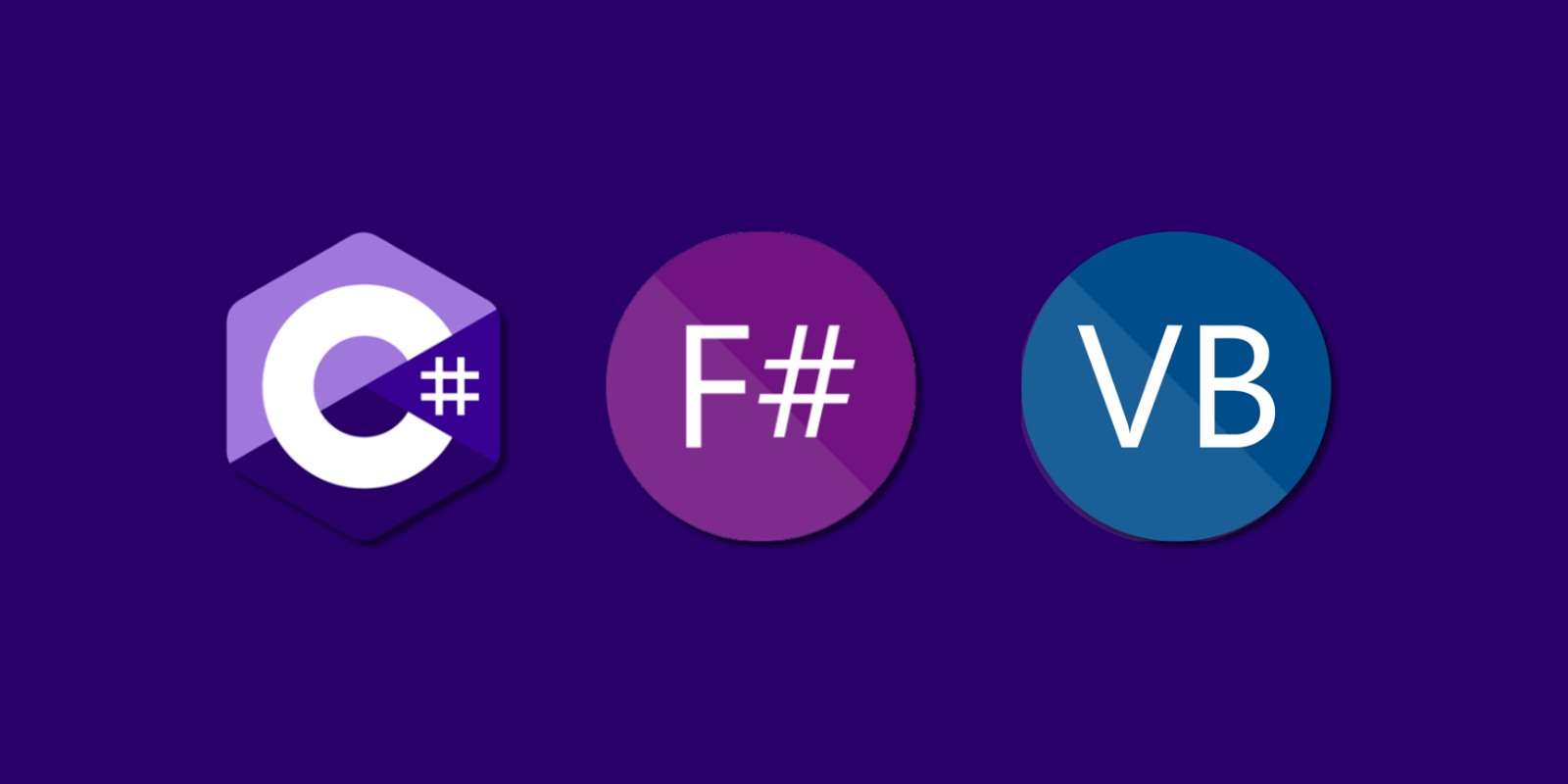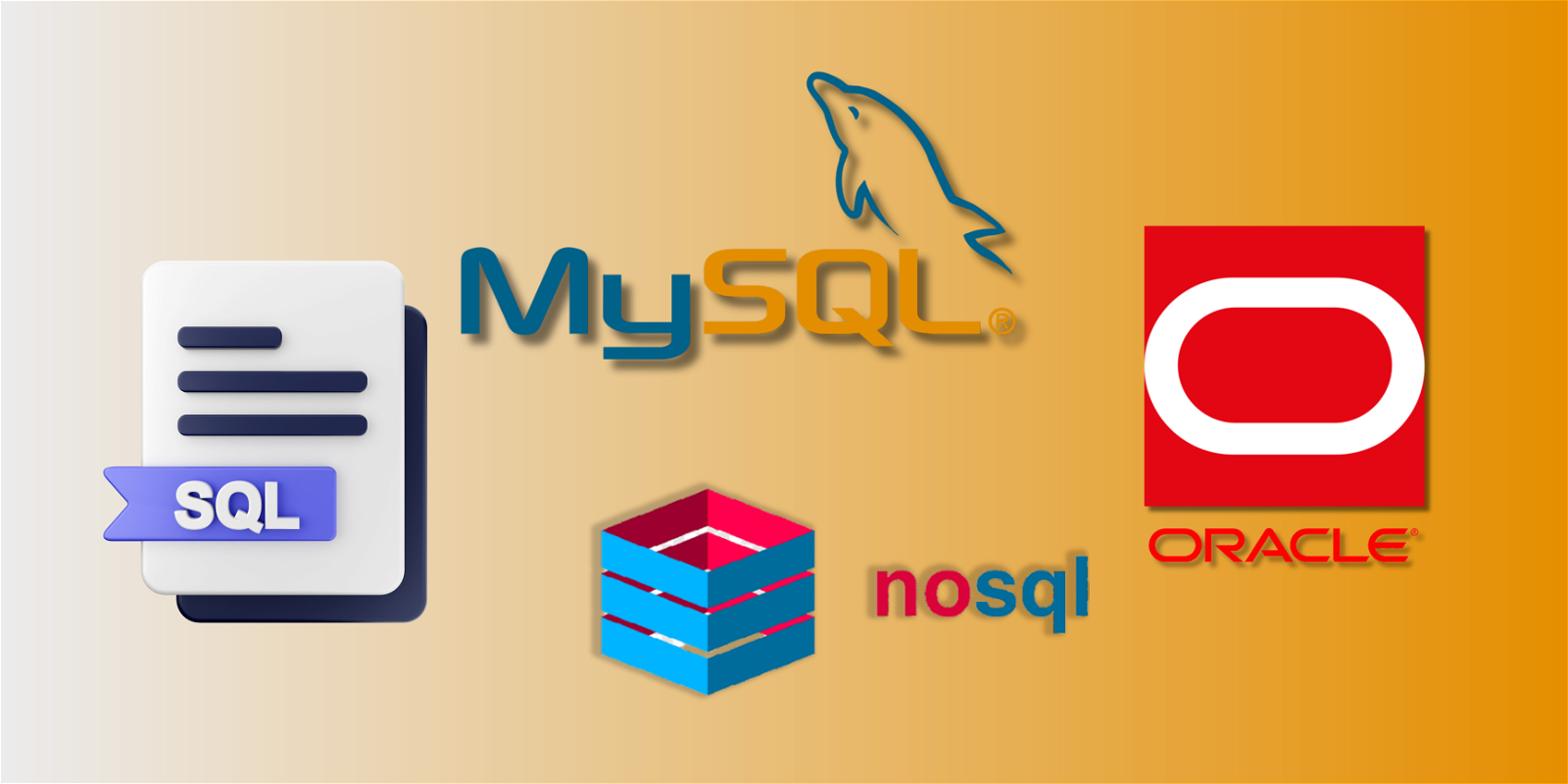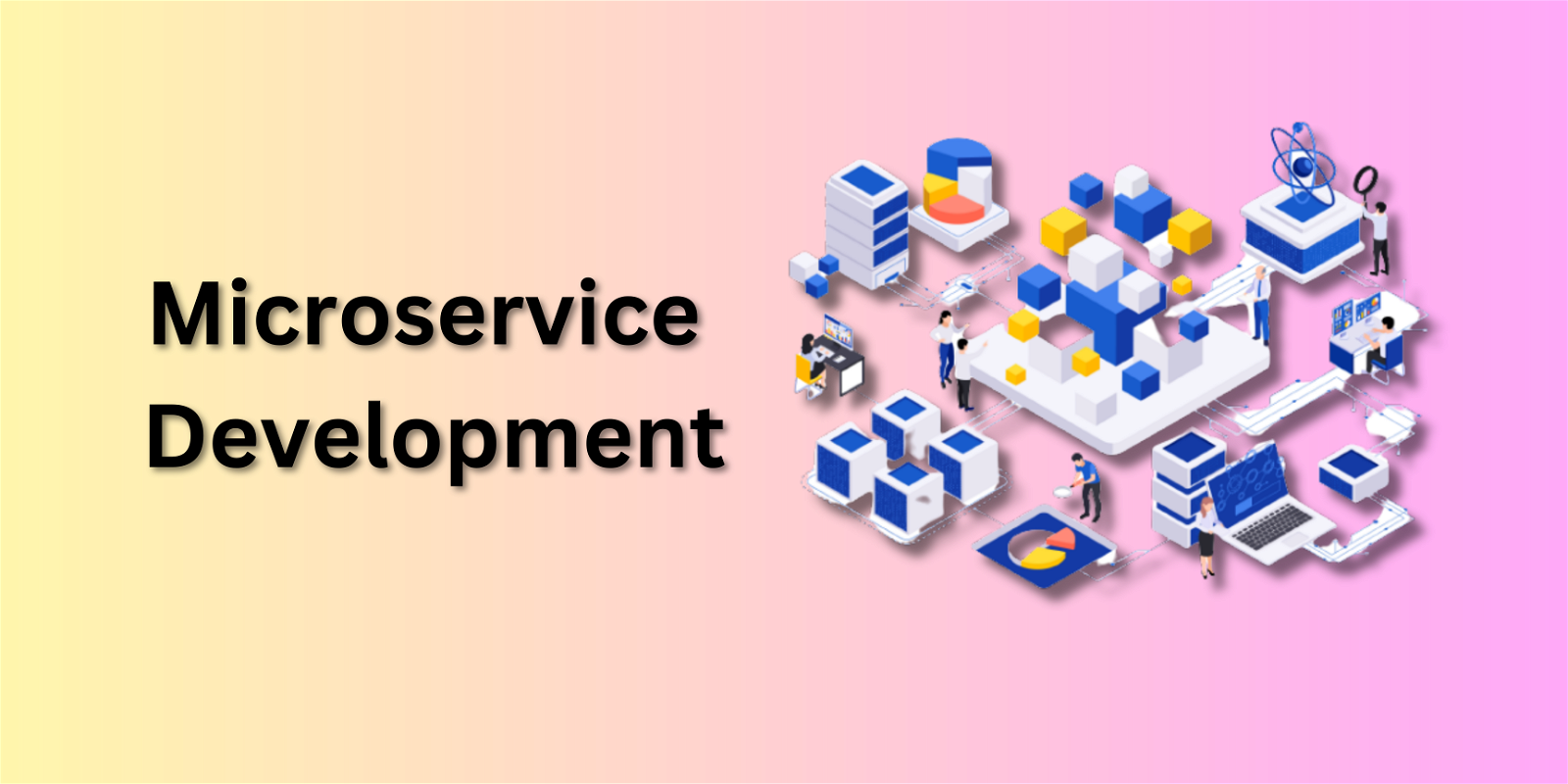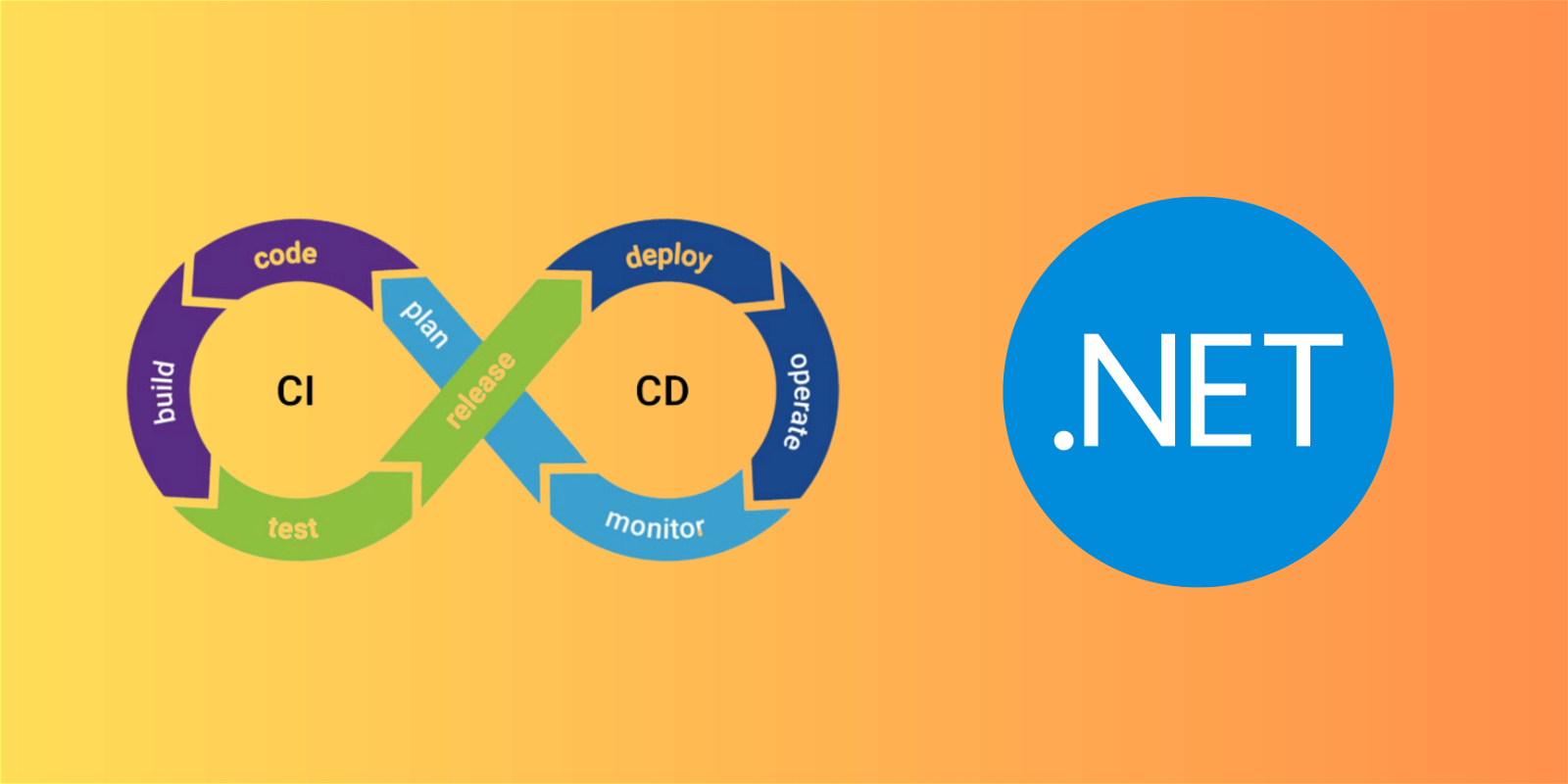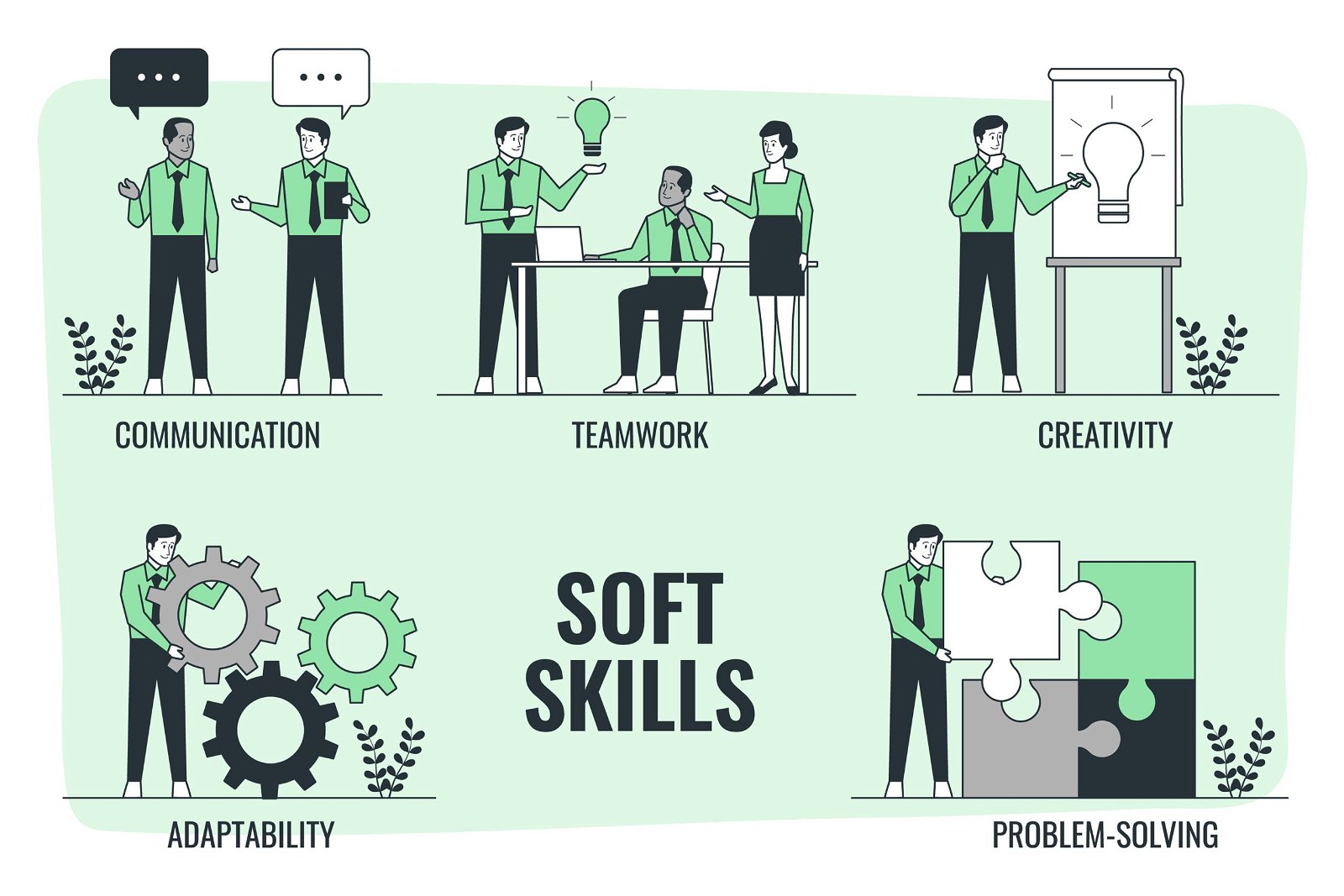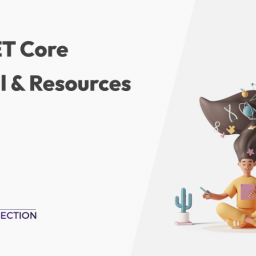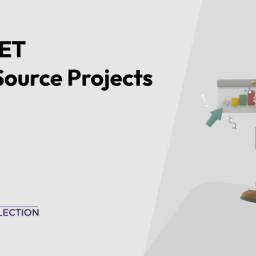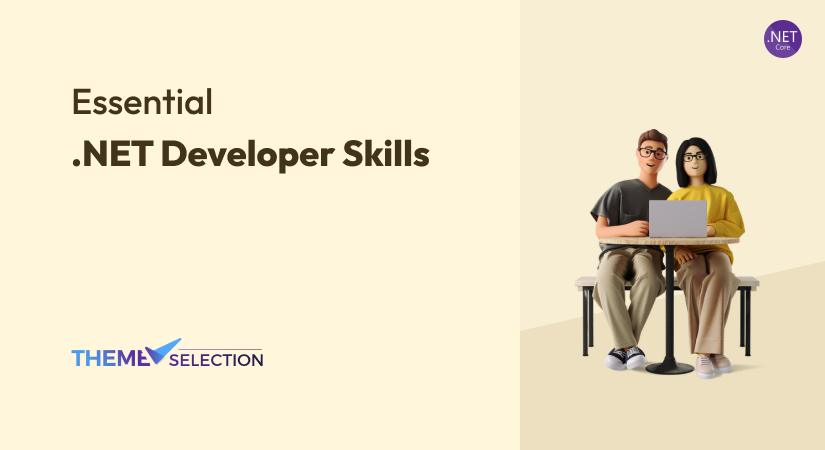
Becoming a .NET developer may be an ideal career if you’re interested in building and managing technology. It is necessary to Master the .NET Developer Skills. As a developer, you can work closely with clients and other engineers to complete technical projects. Understanding the job responsibilities of a .NET developer and how to become more proficient in the role can enable you to perform well in the field. This article discusses what dot net developer skills are required to pursue a career as a Dot NET Developer.
What Is .NET?
.NET is a software development framework from Microsoft. It provides a controlled programming environment where software can be developed, installed, and executed mainly on Windows-based operating systems (this is changing with the introduction of .NET Core). It was Microsoft’s response to the rapid growth of the Java platform and that’s why many concepts (starting from languages’ syntax and including the idea of executing programs on a virtual machine) of those two are similar.
The .NET platform supports many languages, like C#, Visual Basic .NET, F#, and C++ .NET. It also gives .NET developers a bunch of libraries and frameworks, making it very straightforward to create a large variety of applications (web, desktop, and mobile), including ones for the most sophisticated enterprise purposes. The main advantages of .NET include natural integration with other Microsoft products/tools like Office, the framework’s maturity and stability, and great support from the .NET developer community.
The typical job responsibilities of a .NET developer include:
- Building user interfaces
- Troubleshooting software prototypes
- Providing technical support to users
- Developing programs for .NET applications
- Creating procedures for running the applications
Now, let’s check out the dot net developer skills set.
What are The Essential .NET developer skills?
The demand for an expert DOTNET developer is soaring. Monsters.com lists 8.5k jobs for .NET developers with an average salary of $76.5k-$115. .Net developer career has witnessed 30.0% growth in the job market over the past five years. Every business requires a specific framework that suits its needs.
Besides, with the introduction of ASP.NET, designing, tailoring, developing, and maintaining interfaces have become more accessible. Furthermore, creating apps on other platforms like macOS and Linux is a cakewalk for .NET developers. Apart from this, it is also advisable to use Dot NET Compiler and Dot NET CLI Tools for your projects as well, to make your development process easier.
Following dot net developer skills are required for the occupational duties:
Understanding of .NET Frameworks To Sharpen.NET Developer Skills
It is necessary to have an understanding of the .NET frameworks like Asp.NET MVC & Asp.NET Core. Let’s know how having these Dot NET Developer skills can help you.
ASP.NET MVC
Asp.NET MVC is an essential skill for .NET Developers due to its role as a powerful and widely used framework for building robust and scalable web applications. It enables developers to follow the Model-View-Controller pattern, fostering a structured and maintainable codebase.
Besides, Asp.NET MVC allows seamless integration with other .NET technologies, facilitating the creation of modern, interactive, and data-driven web experiences, making it a crucial competency for any proficient .NET Developer.
ASP.NET Core
Asp.NET Core is one of the essential dot net developer skills due to its role as a modern, cross-platform, and open-source framework for building web applications and APIs. Its versatility enables developers to create high-performance, scalable, and secure solutions, accommodating diverse project requirements. You can learn the basics with the help of tutorials. There are numerous ASP.NET Core Tutorials available online that can help you start with the ASP.NET Core.
Well, Asp.NET Core’s integration with cloud services, its extensive libraries, and its support for containerization further enhance its significance, making it a crucial toolset for proficient .NET Developers to excel in their roles and deliver robust software solutions.
Well, while working on the .NET Core project, you can use the Asp NET Dashboard. For instance, check the Materio Asp.NET Core Admin Template. It is one of the most powerful, developer-friendly & highly customizable admin templates for .NET Developers.
Features:
- Based on ASP.NET Core 7 Razor Pages
- UI Framework Bootstrap 5
- Vertical, and Horizontal layouts
- Default, Bordered & Semi-dark themes
- Light & Dark mode support
- Internationalization/i18n Ready
- 5 Dashboards: eCommerce, CRM, Logistics, Academy, Analytics
- 10 Pre-Built Apps: eCommerce, Logistics, Academy, Kanban, Roles & Permission, etc
- 15+ Front Pages: Landing, Invoice, Payment, Checkout, Auth, etc.
- RTL Support & much more..!!
Also, available in NextJS Admin Dashboard Version.

Coding
Credit: FreePik
Coding is an essential skill for .NET Developers as it forms the foundation of their ability to design, implement, and maintain software solutions using the .NET framework. Proficient coding skills enable developers to translate complex requirements into functional, efficient, and reliable applications.
With strong coding expertise, .NET Developers can troubleshoot issues, optimize performance, and continuously improve their codebase, ensuring the delivery of high-quality and scalable software products that meet the demands of modern technology and contribute to the success of businesses and organizations.
There are several Dot NET Open Source Projects out there that you can consider for Inspiration.
Client-side technology For .NET Developer Skills
Developers who are competent in client-side web development can diversify their skills and increase their employability. Client-side technology allows .NET developers to build interfaces that boast aesthetic appeal and are easy for consumers to navigate. The technology includes languages such as:
HTML
HTML is an essential skill for .NET developers as it forms the backbone of web development within the Microsoft ecosystem. Despite primarily working with C# and ASP.NET to build server-side functionalities, a .NET developer’s proficiency in HTML is crucial for crafting the front-end user interface and ensuring seamless interaction between users and the application.
Understanding HTML enables developers to structure web pages, create interactive forms, and implement responsive designs, allowing them to deliver engaging and user-friendly experiences. By seamlessly integrating their .NET expertise with HTML, developers can synergistically harmonize the back-end logic with visually appealing and intuitive interfaces, resulting in robust and aesthetically pleasing web applications that cater to users’ needs effectively.
CSS
CSS is crucial for .NET developers to style and visually enhance web applications. It complements HTML, enabling consistent and polished user interfaces across devices. With CSS, developers customize colors, fonts, and layouts, creating attractive and user-friendly designs. Its responsive capabilities ensure optimal user experiences, while seamless integration with .NET functionality results in successful web projects.
JavaScript
While not directly tied to the .NET framework, JavaScript is crucial for front-end web development. With the rise of single-page applications and client-side interactions, knowledge of JavaScript and its popular libraries and frameworks (e.g., React, Angular, or Vue.js) is important for enhancing user experiences in .NET web applications.
Bootstrap
Bootstrap is a valuable skill for .NET developers, as it provides a powerful and efficient framework for building responsive and visually appealing web applications. By integrating Bootstrap with their .NET projects, developers can leverage pre-built HTML, CSS, and JavaScript components, streamlining the development process and saving valuable time. Its responsive grid system and mobile-first approach ensure that applications adapt seamlessly to different screen sizes and devices.
Additionally, Bootstrap’s extensive set of UI components and styles allows developers to create professional-looking interfaces with ease. By incorporating Bootstrap into their .NET development toolkit, developers can accelerate their workflow and deliver modern, user-friendly applications that are both aesthetically pleasing and highly functional.
You can also use the Bootstrap admin dashboard to fasten your workflow. For instance, consider checking the latest Materio bootstrap 5 HTML Admin Template. It is one of the best Bootstrap admin templates with tons of features & components.
Features:
- Based on Bootstrap 5
- Vertical, and Horizontal layouts
- Default, Bordered & Semi-dark themes
- Light & Dark mode support
- Internationalization/i18n & RTL Ready
- Theme Config: Customize our template without a sweat
- 5 Dashboard
- 10 Pre-Built Apps & much more.
You can also consider the best ASP NET Boilerplate for your project if you don’t want to go with lots of components. Depending on your needs you can choose any that suits your projects
Programming languages To sharpen .NET Developer Skills
To perform their job responsibilities, .NET developers must be proficient in programming languages, such as:
C#
C# is a vital programming language in the .NET ecosystem, offering versatility, strong typing, and extensive libraries. Its close integration with .NET makes it essential for developers to build robust applications for web, desktop, games, and cloud services, ensuring competitiveness in the dynamic software development landscape.
F#
F# is a functional-first programming language in the .NET ecosystem, offering immutability, higher-order functions, and concise syntax. Its seamless integration with other .NET languages makes it essential for developers to maximize productivity. F# excels in complex data operations, mathematical computations, and parallel programming, making it ideal for data-intensive applications and concurrent systems. Mastering F# enables .NET developers to write expressive, maintainable code and tackle modern software challenges effectively.
VB.NET
VB.NET stands for Visual Basic.NET, and it is a computer programming language developed by Microsoft. It was first released in 2002 to replace Visual Basic 6. VB.NET is an object-oriented programming language. This means that it supports the features of object-oriented programming which include encapsulation, polymorphism, abstraction, and inheritance.
Besides, Microsoft updated its programming languages strategy, confirming that Visual Basic will remain a going concern even though it’s still relegated to second-rate status when compared to C# and F#.
Working with Database
Database skills are essential for .NET Developers as they often work with data-driven applications that rely on storing, retrieving, and manipulating data efficiently. Understanding database concepts, querying languages like SQL, and being proficient in database management systems enable .NET Developers to design, implement, and optimize robust and scalable solutions that interact seamlessly with data, enhancing the overall performance and functionality of their applications.
Following are the .NET Developers’ skills that can help a developer to get master on dot NET.
SQL Server
Well, SQL database skills for .NET Developers are very important. for. Besides, SQL is the standard language used for managing and querying relational databases, which are commonly used in .NET applications. Proficiency in SQL enables developers to efficiently interact with the underlying data, create complex database queries, and perform data manipulation tasks. This expertise empowers .NET Developers to design, optimize, and troubleshoot data-driven applications effectively, ensuring seamless integration with databases and delivering high-performance, reliable, and scalable software solutions.
NoSQL
NoSQL is a non-relational database approach for handling diverse and unstructured data. For .NET Developers, mastering NoSQL is essential to working with flexible data formats, choosing the right NoSQL database, designing scalable solutions, and meeting modern application demands effectively.
Oracle
Oracle is a widely used relational database management system (RDBMS) that offers robustness and scalability. For .NET Developers, mastering Oracle is essential to efficiently interact with critical data, optimize performance, and seamlessly integrate .NET applications with Oracle databases, meeting enterprise-level demands effectively.
MySQL
MySQL is an open-source relational database management system that enables efficient storage, retrieval, and manipulation of data. As a .NET Developer, possessing MySQL skills is crucial as it allows one to seamlessly integrate MySQL databases with .NET applications, enabling efficient data handling, storage, and retrieval, thereby facilitating the development of robust and scalable solutions that cater to diverse business needs.
Microservice Development
Microservices are an architectural style in software development where an application is composed of small, independent services that communicate with each other through well-defined APIs. Each microservice is responsible for a specific business capability and can be developed, deployed, and scaled independently. In the .NET ecosystem, you can build microservices using various technologies, but some common approaches include ASP.NET Core, Docker, and Kubernetes. Here’s an overview of how to develop microservices in .NET:
- Choosing the Right Technology Stack: ASP.NET Core, Docker, Kubernetes, etc.
- Decompose the Application
- RESTful APIs
- Data Storage
- Service-to-service Communication
- Authentication & authorization
- Monitoring & Logging
- Error Handling and Resilience
- Testing
Therefore, it is one of the essential .NET Developer Skills to master on.
Experience With CI/CD Pipelines
Having experience with CI/CD pipelines is highly beneficial for .NET developers as it streamlines the software development process, ensuring frequent and automated integration, testing, and deployment of code changes.
Besides, this results in faster feedback loops, early detection of issues, and a more reliable release process enabling developers to deliver high-quality applications more efficiently and with greater confidence. You can also automate your build, test, and deployment processes using CI/CD pipelines. Azure DevOps, Jenkins, GitLab CI/CD, or GitHub Actions are helpful CI/CD to use in .NET projects.
Also, make sure you have Cross Browser testing tools to make sure your project works well. CI CD Tools for DevOps can be highly beneficial while working on any of your projects as well.
Soft skills
Credit: Freepik
Following are some of the soft skills required for any developer who pursuing a career in any tech including the Dot NET.
- Effective communication skills
- Problem-solving abilities
- Adaptability
- Time management skills
- Attention to detail
- Teamwork
Conclusion:
In conclusion, mastering the essential skills for .NET developers is paramount in ensuring success and competitiveness in today’s ever-evolving tech industry. Proficiency in programming languages like C# and an understanding of the .NET framework from scratch for building robust and scalable applications. The ability to leverage various tools and libraries, such as Visual Studio and NuGet, streamlines the development process and enhances productivity.
Moreover, a comprehensive grasp of web development technologies, such as ASP.NET and HTML/CSS, equips developers to create dynamic and visually appealing web applications. Equally important is the expertise in database management and SQL, as it enables seamless data handling and retrieval.
Furthermore, strong problem-solving and debugging skills empower developers to overcome challenges efficiently, while a solid grasp of software testing principles ensures the delivery of high-quality, bug-free products. By cultivating these essential skills and staying up-to-date with the latest trends, .NET developers can position themselves as invaluable assets in the industry and make significant contributions to innovative and cutting-edge projects.

